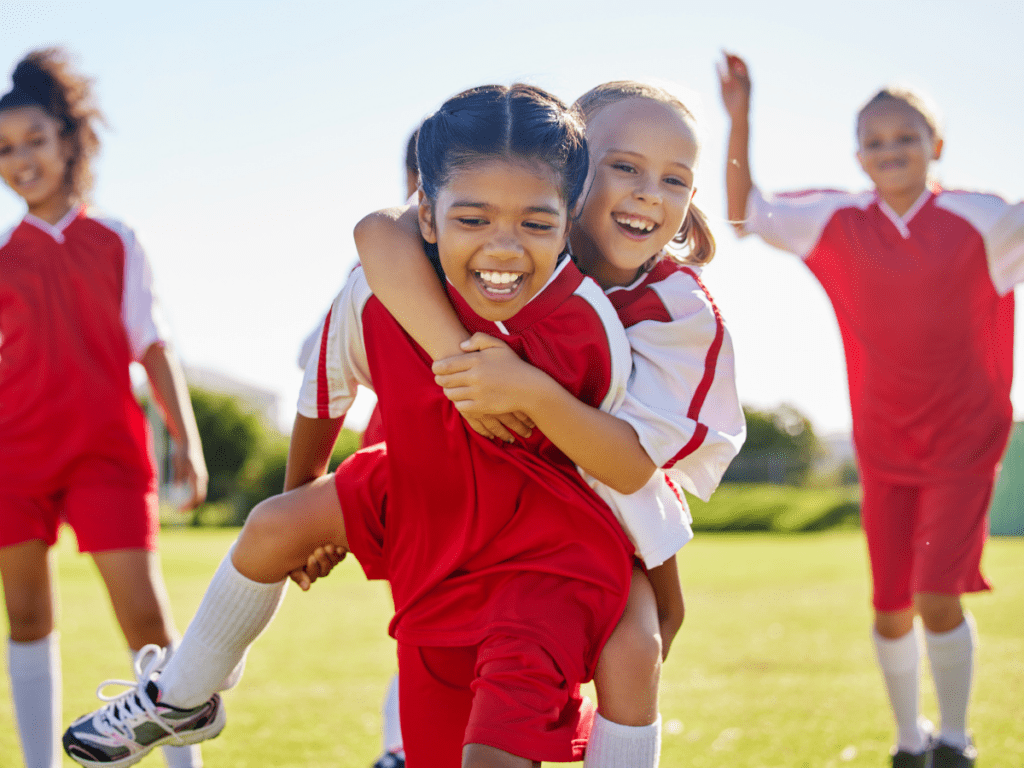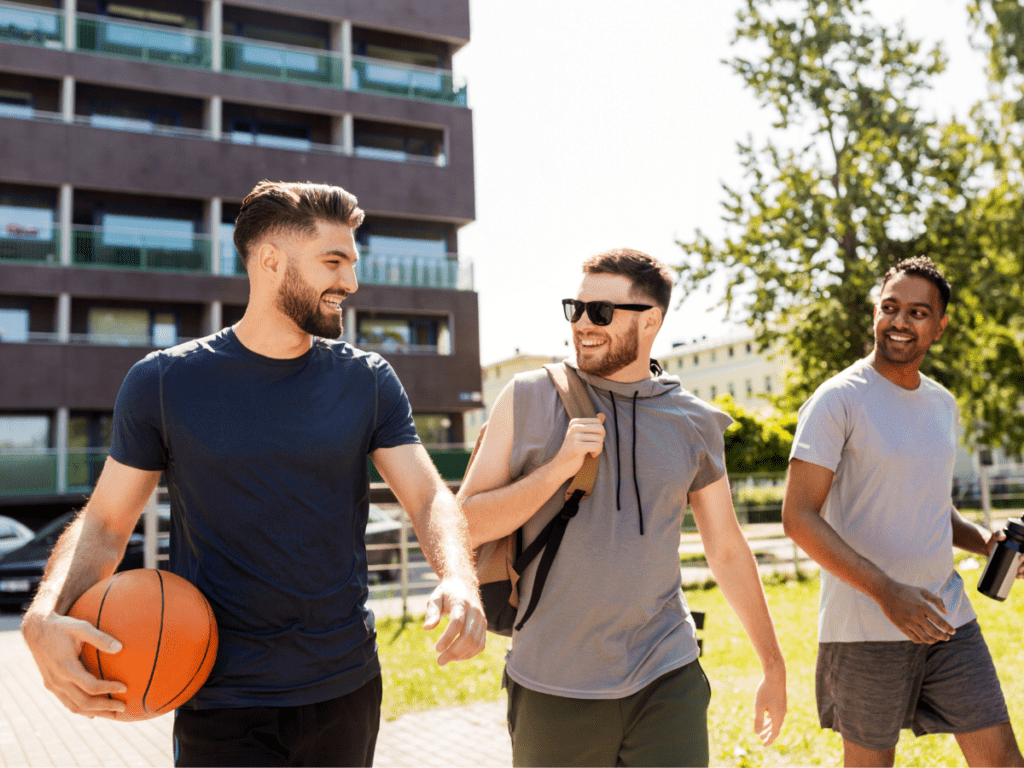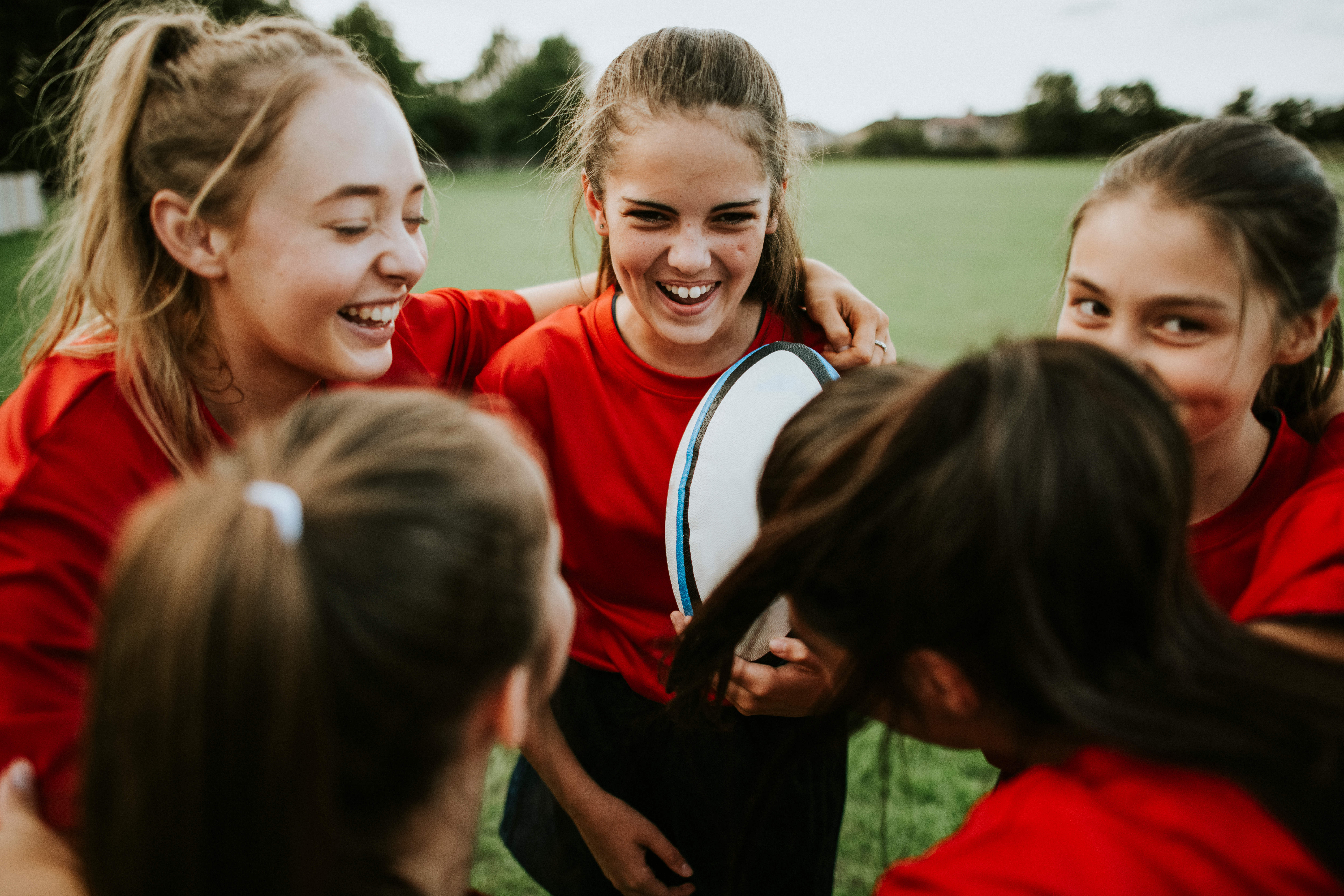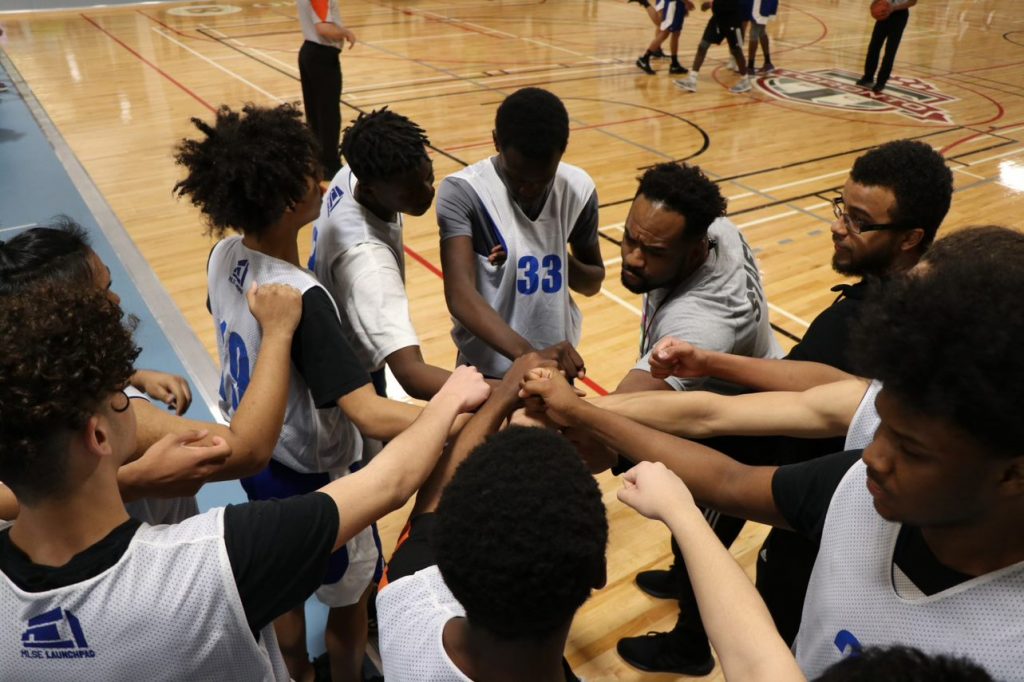Combating social exclusion in sport and recreation through participatory policy development

Project Summary The purpose of this study was to examine how experiences with physical activity for recent immigrant Chinese women living in Vancouver can inform Canadian sport and recreation policy at the local, provincial, and national levels to increase their participation. The Chinese population is the largest ‘visible minority’ group’ in Canada, yet little is…
Living True Sport While Physical Distancing
The new Living True Sport While Physical Distancing infographic highlights ways to live each of the True Sport Principles while staying at home. This includes being an active member of the team, with both your colleagues and your family.
A framework for creating a campus culture of compassion: A participatory action research approach to equality

Project Summary This dissertation united key stakeholders from the University of Guelph community in order to examine issues around accessibility and inclusion of students with disabilities in campus recreation and sport opportunities. The research team included representatives from the University of Guelph’s Centre for Students with Disabilities and the Department of Athletics, an undergraduate student…
What SIRC learned in our first month of working from home

Across Canada, the spread of COVID-19 is forcing us to navigate new ways of working, relaxing, and spending time with family and friends. SIRC had been closely monitoring the COVID-19 situation. On March 13, 2020, CEO Debra Gassewitz implemented SIRC’s Pandemic Response Plan, developed to support risk management and SIRC’s obligation as an employer to…
15 At-Home Activities
Meeting the recommended movement guidelines can contribute to the health and wellbeing of you and your family. In this ParticipACTION blog, 15 ways for you & your family to stay active at home, discover activities that you can do in your living room, on the balcony or in the backyard.
Transitioning students’ sport and physical activity participation

Project Summary The transition from late adolescence to young adulthood represents a time of profound changes, including a period for which substantial declines in physical activity levels occur. As the late adolescent population transitions into early adulthood, a number of trajectories are possible (e.g., entry to the workplace, armed forces), but a large proportion of…
Engaging Youth in Evaluation Processes

Picture this: it’s the first session of a popular youth sport program at a busy community facility. Dozens of youth are greeting each other, checking out the space, and mingling with coaches on the bleachers. The excitement is palpable as youth move onto the court. Soon the space is filled with the satisfying sounds of…
The Benefits of Masters Sport to Healthy Aging

Carol LaFayette-Boyd is one of Canada’s rising athletics stars. Notably, LaFayette-Boyd is “rising” to exceptional athletic status at the age of 77 years. Setting a new world age-group record in the W75 200-meter race at the 2019 Canadian Masters Indoor Championships in Edmonton, the Saskatchewan native added to her plethora of age-matched world records and…
Teammates’ Emotions
The way that adolescent athletes deal with teammates’ emotions impacts their own enjoyment and commitment in sport. While competition and comparison among teammates can fuel negative emotions, athletes who compliment and support their teammates can lighten the mood. Learn more in this infographic.
SIRCTalks Episode #12
In the latest SIRCTalks episode, University of Alberta professor Dr. Nick Holt talks about his research on parenting in youth sport. He says, “What I hope through our research is that children…and parents have better experiences in sport, and more people are involved in sport for longer.”